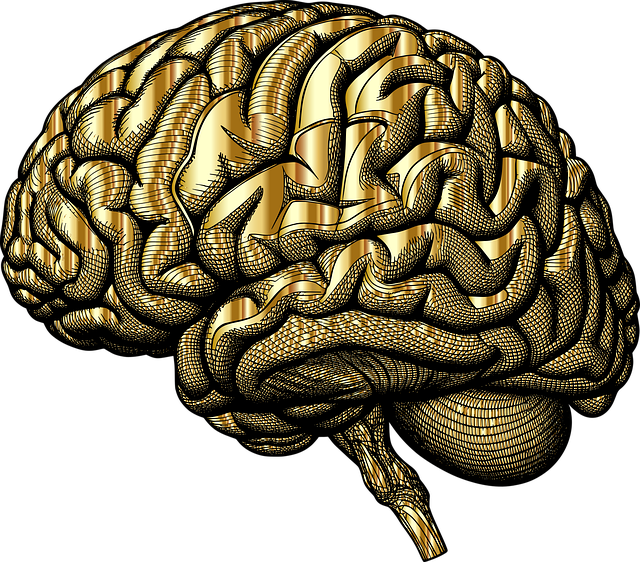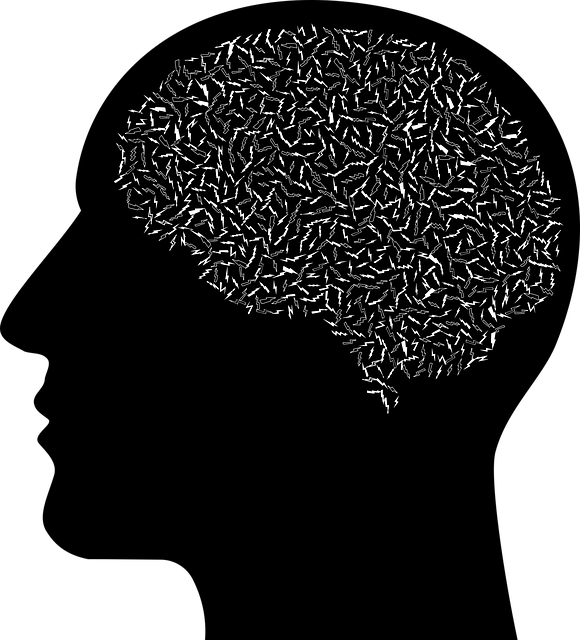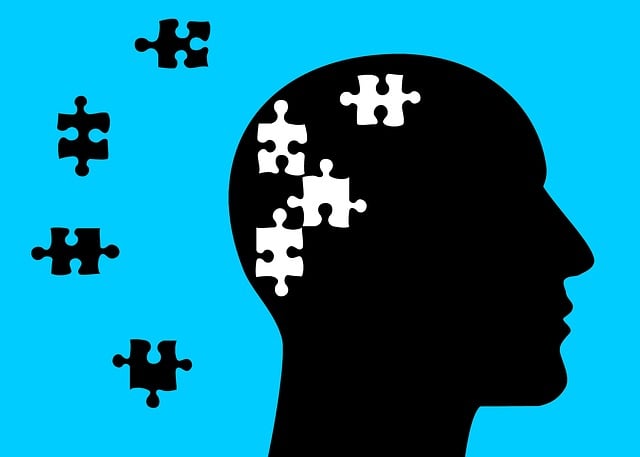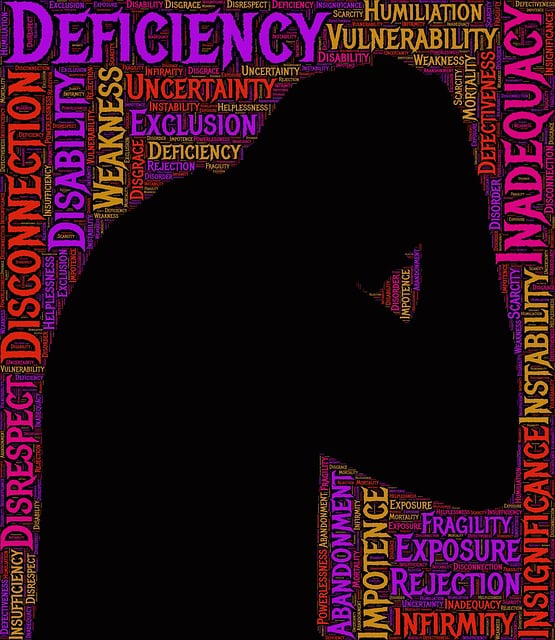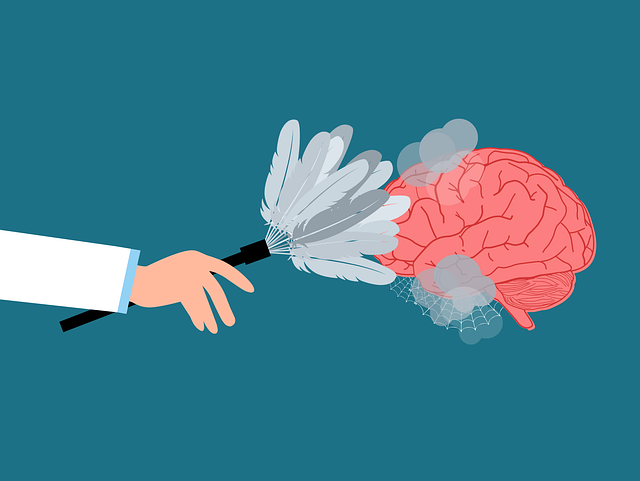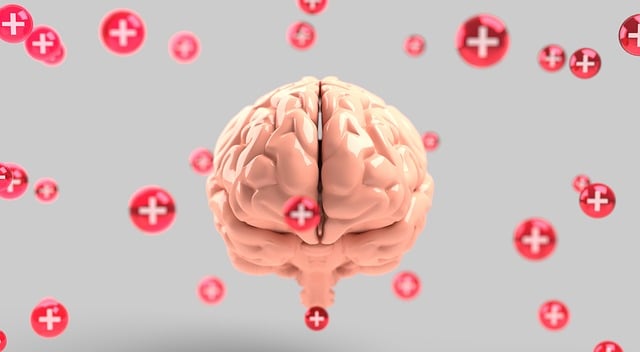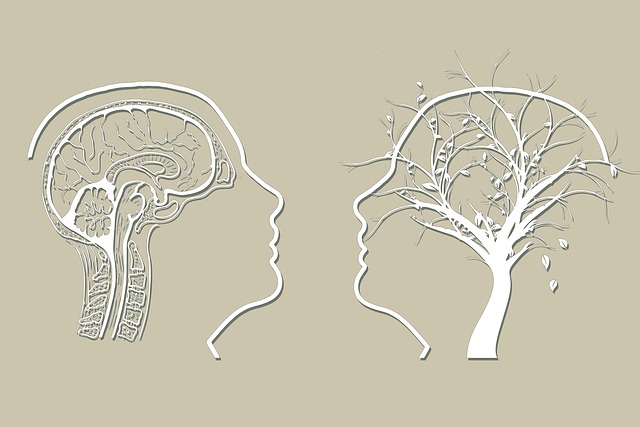Mental health professionals treating elders face unique challenges due to complex needs including chronic illness, cognitive decline, social isolation, and financial worries. Effective therapy requires tailored approaches, cultural sensitivity, and integration of physical health management, addressing specific concerns like anxiety relief and trauma support. Proactive risk assessment, early intervention, public awareness campaigns, and robust mental health policy advocacy are key to enhancing therapy effectiveness and mitigating risks for this demographic, particularly those with chronic illnesses.
“In the realm of mental health professionals, effective risk management planning is paramount, especially when catering to elderly clients. This article navigates the unique challenges presented by working with seniors, delving into understanding and mitigating risks associated with chronic illness in therapy for elders. We explore integral strategies, from identifying specific risks to implementing responsive practices. By integrating these considerations, mental health practitioners can enhance their ability to provide safe, quality care tailored to this demographic.”
- Understanding the Unique Risks in Elderly Mental Health Therapy
- Integrating Chronic Illness Considerations into Risk Management Planning
- Strategies for Mitigating and Responding to Risks in Practice
Understanding the Unique Risks in Elderly Mental Health Therapy

Mental health professionals who specialize in therapy for elders face unique challenges due to the specific needs and circumstances of their clients. Elderly individuals often deal with complex issues such as chronic illness, cognitive decline, social isolation, and financial worries, all of which can contribute to heightened anxiety and emotional distress. These factors introduce distinct risks that require careful consideration in risk management planning.
Compared to younger adults, elders may have different responses to therapy due to age-related physiological changes and potential medication interactions. Additionally, cultural and generational differences can influence their perception of mental health and willingness to seek help. Therefore, professionals must be adept at tailoring therapeutic approaches and ensuring cultural sensitivity. Incorporating mental health education programs designed for older adults and addressing specific concerns like anxiety relief and trauma support services can significantly enhance the effectiveness of therapy while mitigating risks associated with this demographic.
Integrating Chronic Illness Considerations into Risk Management Planning

Mental health professionals working with older adults must integrate chronic illness considerations into their risk management planning. Many elders experience complex interactions between mental health conditions and chronic physical ailments such as cardiovascular disease, diabetes, or arthritis. These comorbidities can significantly impact therapy outcomes and require tailored approaches. For instance, a therapist treating an elder with depression and heart failure needs to consider the patient’s limited mobility, medication side effects, and potential for cognitive impairment when designing treatment plans.
Effective risk management involves enhancing healthcare provider cultural competency training, social skills training, and empathy building strategies to navigate these challenges. Professionals should be equipped to communicate clearly, understand cultural beliefs about health and illness, and adapt their therapeutic methods accordingly. This holistic approach ensures that therapy for elders with chronic illnesses is not only safe but also culturally sensitive and empowering.
Strategies for Mitigating and Responding to Risks in Practice

Effective risk management planning for mental health professionals involves a multi-faceted approach to mitigate and respond to various risks that arise in their practice. One key strategy is proactive assessment and intervention, especially for vulnerable populations such as elders with chronic illnesses. Regular screening and monitoring can help identify early signs of depression or other mental health issues, enabling timely therapy and prevention strategies.
Additionally, fostering a culture of public awareness campaigns development can significantly enhance risk mitigation. Educating both the public and healthcare professionals about mental health fosters an environment where risks are recognized and addressed promptly. Advocacy for robust Mental Health Policy Analysis ensures that resources and support systems are in place to assist professionals and their clients. This includes lobbying for better insurance coverage, access to specialized therapy for elders with chronic illnesses, and effective depression prevention programs.
Mental health professionals working with elderly clients, especially those suffering from chronic illnesses, must implement robust risk management plans. By understanding and addressing unique risks associated with this demographic, such as cognitive decline and comorbidities, practitioners can ensure safer and more effective therapy. Integrating comprehensive risk assessment strategies into their practice allows professionals to mitigate potential harms, respond swiftly to emerging issues, and ultimately provide high-quality care tailored to the complex needs of elderly patients with chronic illnesses in therapy.
